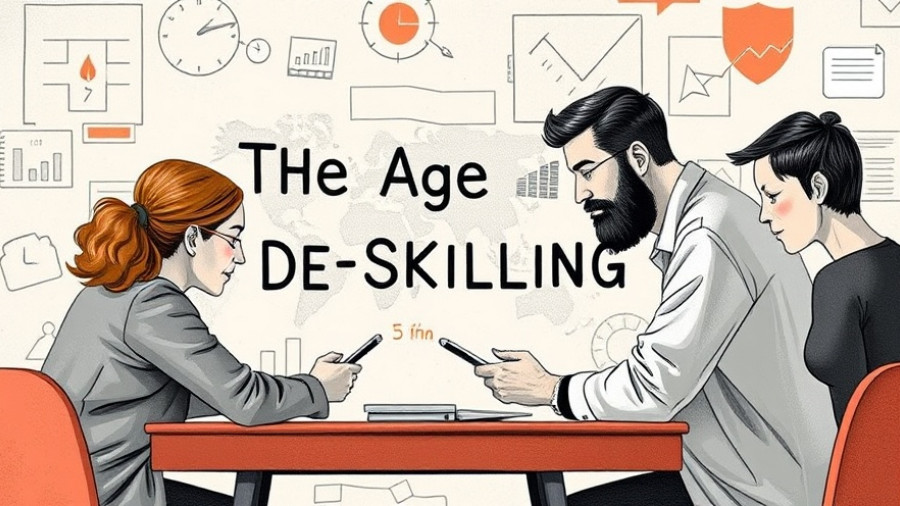
Recognizing the Unbearable: The Most Painful Medical Conditions
When it comes to pain, few things are as universal and difficult to comprehend as the notion of suffering from medical conditions that leave individuals feeling overwhelmed and unable to cope. This understanding can be especially crucial for parents who want to protect their families from chronic pain and its implications on well-being. While conditions like cancer and arthritis are widely recognized for their pain intensity, there are lesser-known ailments that can be equally debilitating.
Understanding Pain: More Than Just a Physical Experience
Pain affects individuals not just physically but also emotionally and mentally. This is particularly evident in conditions like fibromyalgia, where constant discomfort can lead to anxiety and depression. Understanding the emotional context of pain can empower parents to better support their children and loved ones who may struggle with these conditions.
The Top Contenders for Pain Intensity
Based on several expert analyses and medical insights, we can highlight several conditions often recognized for their severe pain. Below are some conditions that make the list:
- Cluster Headaches: Often described as the worst pain known to humanity, these occur in cyclical patterns, leaving individuals desperate for relief.
- Trigeminal Neuralgia: This neurological condition causes intense facial pain that can strike suddenly, often triggered by even the slightest stimuli.
- Rheumatoid Arthritis: Beyond mere inflammation, this autoimmune disease can cause crippling pain, making daily activities near impossible.
- Shingles: The pain associated with this viral infection can linger for years, affecting everyday life significantly.
- Cancer: Many types of cancer cause severe pain due to tumor growth and treatment side effects, affecting both patients and their families.
Understanding these conditions provides parents with invaluable knowledge about the challenges faced by friends and family members who may suffer from chronic pain.
Fostering Empathy: Social Connections Matter
Pain isn’t always visible, especially in children who may not articulate their struggles. Parents can foster an empathetic environment by being observant and communicative about health issues. Engaging in conversations around health, chronic diseases, and preventive care can normalize discussions about suffering, which can lead to improved outcomes for children.
The Emotional Impact of Chronic Pain
For many, enduring constant pain can lead to feelings of isolation, frustration, and hopelessness. It’s crucial to recognize these emotional reactions and understand the impact that chronic pain can have on mental health. Parents should be vigilant in watching for signs of depression or anxiety in their children and seek to provide supportive environments. Encouraging discussions around mental health, supported by community health resources, can make a significant difference.
Promoting Health Equity
Healthcare access plays a vital role in pain management. In many areas, especially rural communities, families may lack access to necessary medical services that can help with pain management. Advocating for health equity is essential. Understanding how social determinants of health and disparities affect treatment options can empower parents to demand better care and ensure their children receive the appropriate support.
Taking Action: Advocating for Better Healthcare
Parents have the unique opportunity to become advocates for better healthcare access within their communities. By understanding the variety of painful conditions—chronic illnesses as well as mental health issues—they can push for improved healthcare infrastructure, which impacts maternal health, children’s health, and overall family wellness.
Developing Resilience in the Face of Challenges
Equip your family with resilience strategies to tackle life's challenges. This can include adopting healthy nutrition, regular physical activity, as well as mental wellbeing practices like mindfulness and meditation. Teaching children about managing discomfort, both physical and emotional, supports a proactive approach to health.
As we explore the complexities of painful medical conditions, it’s essential to share our knowledge and advocate for better understanding and care. In doing so, we strengthen the fabric of our families and communities.
Let's embrace the conversation on pain and how we can build healthier lives together.
 Add Row
Add Row  Add
Add 




Write A Comment